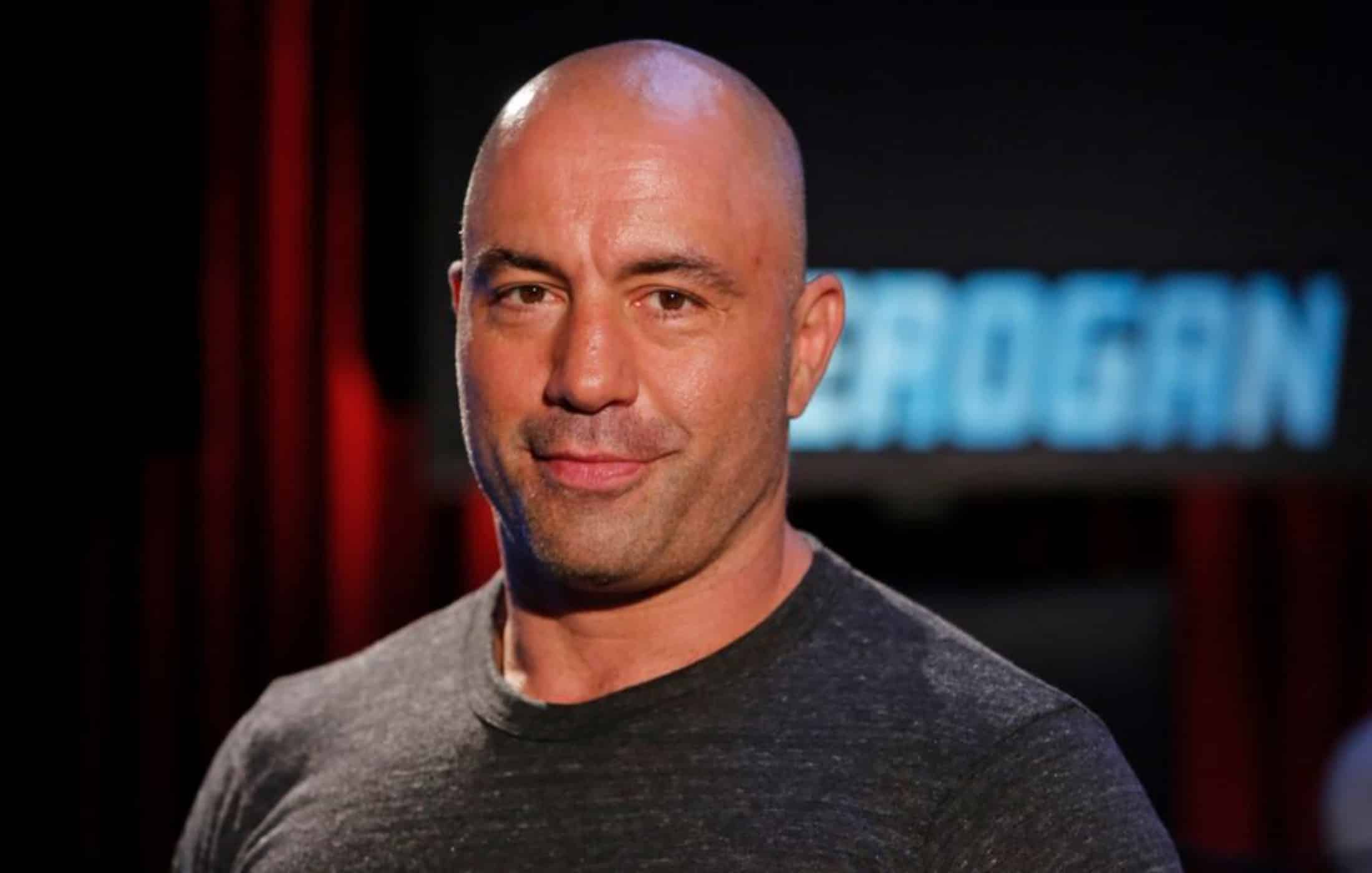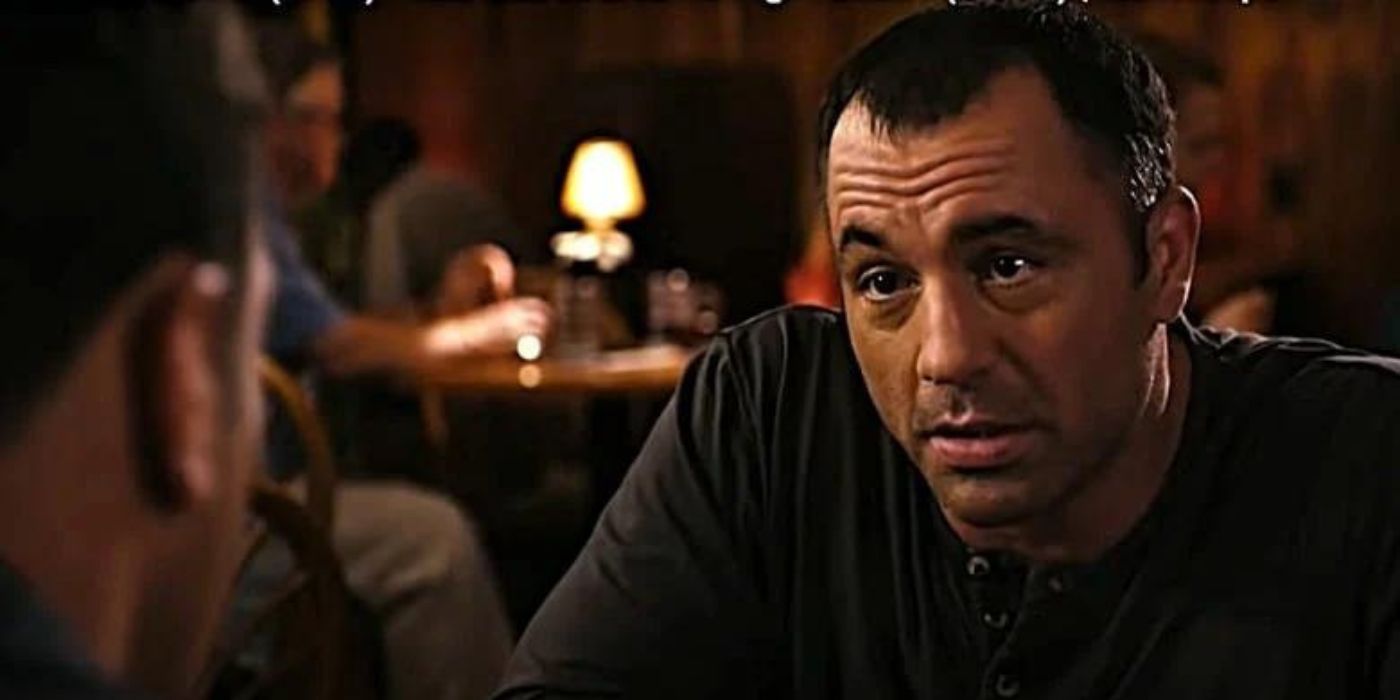Joe Rogan’s Interest in Zoos and Wildlife

Joe Rogan, the popular podcaster and comedian, has frequently expressed his fascination with zoos and wildlife on his show, “The Joe Rogan Experience.” This interest has manifested in various ways, from engaging in discussions about animal behavior and conservation to inviting guests who are experts in these fields.
Examples of Joe Rogan’s Interest in Zoos and Wildlife
Joe Rogan’s interest in zoos and wildlife is evident in numerous instances on his podcast. He has discussed the importance of zoos in conservation efforts and the ethical considerations surrounding keeping animals in captivity. He has also engaged in conversations about the challenges of managing wild animal populations and the impact of human activity on ecosystems.
Guests on Joe Rogan’s Podcast Who Are Zookeepers or Wildlife Experts, Zookeeper joe rogan
Joe Rogan has hosted a diverse range of guests on his podcast, including individuals with expertise in zoos and wildlife. These guests have provided valuable insights into the world of animal care, conservation, and research. Here are some notable examples:
- Dr. Jane Goodall, renowned primatologist and anthropologist, has been a guest on Joe Rogan’s podcast. Dr. Goodall’s work has revolutionized our understanding of chimpanzee behavior and has been instrumental in promoting conservation efforts.
- Dr. Neil deGrasse Tyson, astrophysicist and science communicator, has also appeared on Joe Rogan’s podcast. Dr. Tyson’s insights into the universe and the interconnectedness of life on Earth have resonated with Joe Rogan’s interest in wildlife.
- Dr. Robert Sapolsky, neurobiologist and author, has been a guest on Joe Rogan’s podcast. Dr. Sapolsky’s research on stress and the brain has provided a fascinating perspective on animal behavior and the challenges of living in a complex world.
Reasons for Joe Rogan’s Interest in Zoos and Wildlife
Joe Rogan’s interest in zoos and wildlife is likely rooted in his curiosity about the natural world and his desire to understand the interconnectedness of life. He has often expressed his admiration for the diversity and complexity of animal behavior and the importance of protecting ecosystems. Joe Rogan’s platform has provided a space for engaging in discussions about these topics and raising awareness about conservation issues.
The Role of Zoos in Conservation and Education: Zookeeper Joe Rogan

Zoos have evolved from mere collections of exotic animals to multifaceted institutions playing a vital role in conservation, education, and research. They serve as crucial hubs for protecting endangered species, promoting conservation awareness, and fostering a deeper understanding of the natural world.
Protecting Endangered Species
Zoos play a critical role in safeguarding endangered species through various initiatives. One significant contribution is through captive breeding programs, where animals are carefully managed to ensure genetic diversity and population growth. These programs aim to reintroduce captive-bred individuals back into the wild, bolstering threatened populations and helping them recover from decline.
- The California Condor, once on the brink of extinction, has seen a remarkable recovery thanks to intensive captive breeding programs. Zoos played a vital role in establishing a captive population, which eventually led to the reintroduction of condors into their natural habitat.
- The Javan Rhino, critically endangered with only a few hundred individuals remaining in the wild, benefits from captive breeding programs aimed at increasing their numbers and ensuring their survival.
Zoos also participate in species conservation by providing a safe haven for animals that are vulnerable to poaching, habitat loss, or other threats in the wild. They offer a controlled environment where animals can thrive and reproduce, contributing to the long-term survival of their species.
Ethical Considerations in Zookeeping

The practice of keeping animals in captivity raises significant ethical questions, prompting a continuous debate about the balance between human enjoyment and animal welfare. Zoos, often touted as educational and conservation hubs, face the challenge of ensuring the well-being of their animal residents while providing engaging experiences for visitors.
Animal Welfare in Zoos
Ensuring animal welfare is paramount in zoos. Zookeepers are entrusted with providing a suitable environment that meets the animals’ physical and psychological needs. This includes creating habitats that mimic the animals’ natural environments, providing adequate food and water, and offering opportunities for social interaction and enrichment.
- Habitat Enrichment: Zoos strive to provide stimulating environments that replicate the animals’ natural habitats, offering opportunities for exploration, foraging, and problem-solving. This can include adding natural elements like trees, rocks, and water features, as well as providing interactive toys and puzzles.
- Social Interaction: Many animals are social creatures that require interaction with their own kind. Zoos often group animals together to foster social bonds and encourage natural behaviors. This is particularly important for species that live in herds or packs, such as elephants, wolves, and primates.
- Behavioral Enrichment: Zookeepers engage in various enrichment activities to stimulate the animals’ minds and prevent boredom. These activities can include offering new foods, hiding treats, introducing novel objects, and creating opportunities for training and interaction with keepers.
Zookeeper joe rogan – Joe Rogan, the beloved zookeeper, is a true animal lover! He’s known for his gentle demeanor and the way he connects with creatures big and small. You might be wondering about his age, which you can find out more about here.
Joe’s passion for animals shines through in his work, making him a role model for young zookeepers everywhere!
